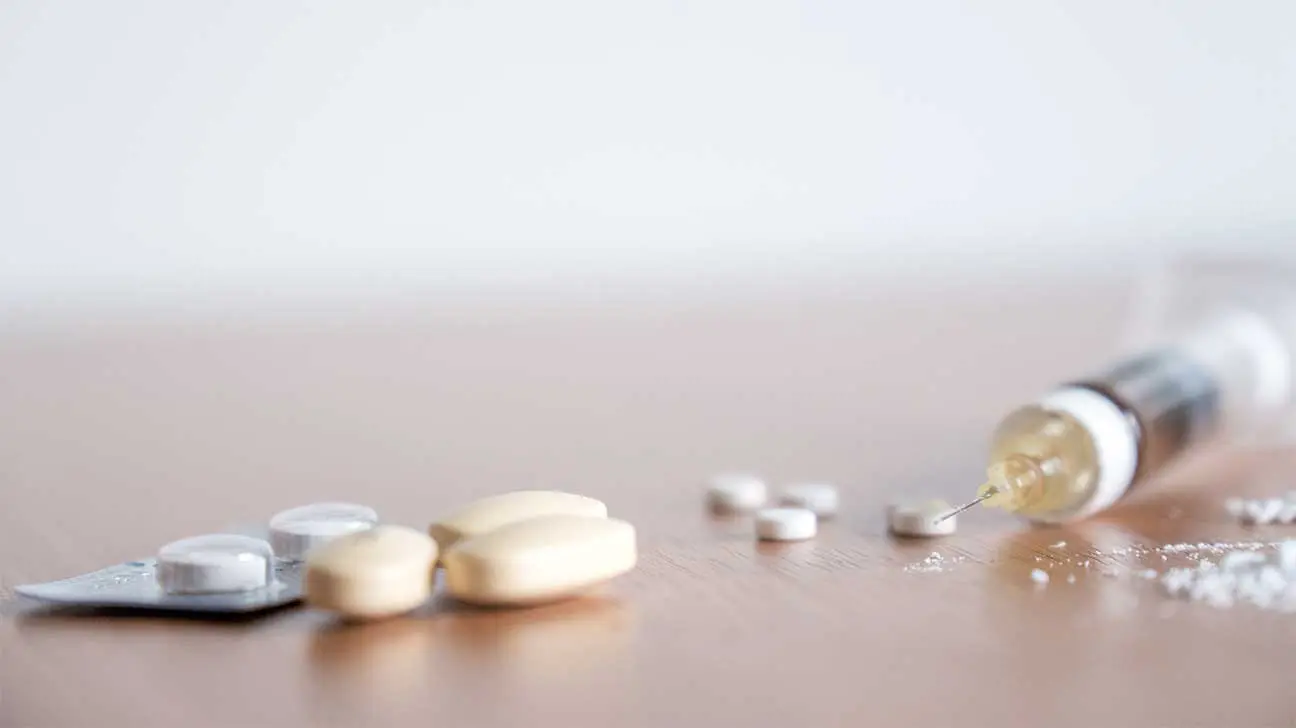
Fentanyl is a very powerful opioid drug that can have fatal consequences if it is taken in very high doses (about 2 milligrams or more) or mixed with other drugs.
When taken as prescribed, fentanyl can be effective for its intended use. Do not take fentanyl in any way other than prescribed. Taking illegally manufactured fentanyl can be dangerous.
Do not use this information to determine a safe drug dosage. If you suspect someone has overdosed on fentanyl, call 911 or your local poison control center right away.
Disclaimer: If you are experiencing suicidal thoughts, you are not alone and help is available. Reach out to the National Suicide Prevention Lifeline at (800) 273-8255.
Learn more about the lethal doses of commonly abused drugs
Lethal Dose Of Fentanyl
The estimated lethal dose of fentanyl is about 2 milligrams (mg). Depending on where the fentanyl comes from (i.e. illicit or prescription), the lethal dose may be lower.
Two milligrams of fentanyl is equal to about 0.002 grams. This is a much smaller lethal dose compared to heroin, which can be fatal at 30 mg to 500 mg.
What Can Cause Fatal Fentanyl Overdose?
A fentanyl overdose can be fatal or non-fatal. There are several ways that a person can fatally overdose on fentanyl.
Causes of fatal fentanyl overdose can include:
- taking illicit forms of fentanyl
- taking heroin laced with fentanyl
- taking stimulants mixed with fentanyl (e.g. cocaine)
- taking higher doses than prescribed
- taking doses more often than prescribed
- crushing and snorting tablets
- injecting fentanyl
- mixing fentanyl with other drugs (including alcohol)
Illicit forms of fentanyl are often cut with illicit drugs like heroin, cocaine, MDMA, and methamphetamine. Not everyone who buys these drugs is aware they are laced with fentanyl.
If someone is showing signs of opioid overdose after taking illicit drugs, call 911 and administer naloxone by injection or with nasal spray right away.
Signs Of Fentanyl Overdose
Overdose can be reversed with quick treatment. If someone is showing the following signs of overdose, call for emergency medical assistance right away.
Signs of fentanyl overdose can include:
- slow, shallow, or no breathing
- difficulty breathing
- dizziness
- very weak pulse
- cold, clammy skin
- bluish fingernails and lips
- gurgling noises
- tiny pupils
- confusion
- unable to respond
- unconsciousness
What To Do If Someone Has Overdosed On Fentanyl
Not all overdoses are fatal. If you suspect someone has overdosed on fentanyl, call for emergency medical assistance right away.
People who have overdosed on fentanyl will likely be unresponsive and may not be breathing.
In the meantime, if you have naloxone (Narcan) on hand, administer that right away.
Naloxone can block the effects of opioids in the brain. This can reverse an overdose when administered quickly. Without treatment, severe cases of overdose can be fatal.
Finding Treatment For Opioid Addiction
Opioid overdose can be a sign of drug misuse and addiction. If you or a loved one has overdosed on fentanyl or is using fentanyl, seeking substance abuse treatment is highly recommended.
By calling our helpline, we can:
- identify your treatment options
- verify your insurance (as applicable)
- find an opioid addiction treatment program that’s right for you
You are not alone. Call us today to find an opioid addiction treatment program that’s right for you or a loved one in your life.
Addiction Resource aims to provide only the most current, accurate information in regards to addiction and addiction treatment, which means we only reference the most credible sources available.
These include peer-reviewed journals, government entities and academic institutions, and leaders in addiction healthcare and advocacy. Learn more about how we safeguard our content by viewing our editorial policy.
- Centers for Disease Control and Prevention (CDC)—Fentanyl
https://www.cdc.gov/drugoverdose/opioids/fentanyl.html - Centers for Disease Control and Prevention (CDC)—Overdose Deaths Accelerating During COVID-19
https://www.cdc.gov/media/releases/2020/p1218-overdose-deaths-covid-19.html - Harm Reduction Coalition—Responding to Opioid Overdose
https://harmreduction.org/issues/overdose-prevention/overview/overdose-basics/responding-to-opioid-overdose/ - U.S. Drug Enforcement Administration (DEA)—Drug Images: Fentanyl
https://www.dea.gov/galleries/drug-images/fentanyl - U.S. National Library of Medicine: MedlinePlus—Fentanyl
https://medlineplus.gov/druginfo/meds/a605043.html


